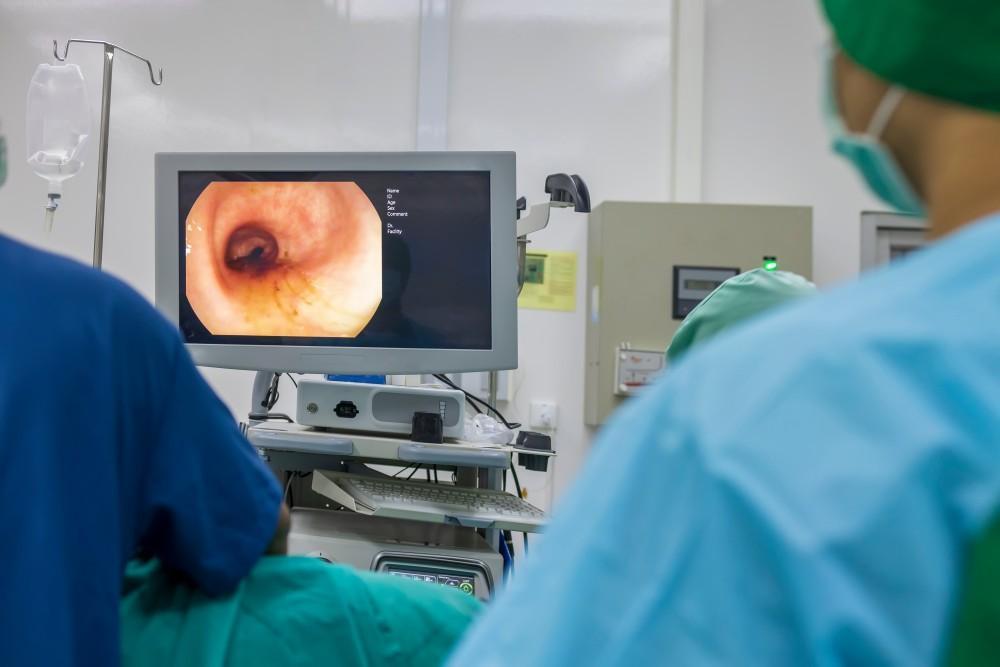
Understanding the Differences between Internal & External Hemorrhoids and the Best Treatment Options

Hemorrhoids are the most common cause of rectal bleeding. In fact, three out of four adults will experience hemorrhoids at some point in their lives. They are largely harmless; however, they can still be uncomfortable and embarrassing. Before you and your doctor can begin treatment, it's important to differentiate between internal and external hemorrhoids, which develop inside and outside the rectum, respectively.
Colon and Rectal Surgeons of Greater Hartford has multiple locations throughout South Windsor, Bloomfield, and Plainville, Connecticut. Each one is staffed with doctors and surgeons who can diagnose and explain the differences between internal and external hemorrhoids and help you decide on a treatment plan that works for you.
What are internal hemorrhoids?
Internal hemorrhoids are piles that occur inside the rectum. Typically, you cannot see or feel them, and they don't hurt due to the lack of pain sensors in the rectum. However, if an internal hemorrhoid prolapses, or falls out of the anus, it can lead to serious pain.
Internal hemorrhoids can cause discomfort, though, when you go to the bathroom, and they periodically bulge out of the rectum. They can also bleed, leading to blood on your toilet paper and stool. They are diagnosed with a simple rectal exam.
What are external hemorrhoids?
Unlike internal hemorrhoids, external hemorrhoids can usually be seen without examining the rectal canal. They can be diagnosed with a visual exam, and you can examine them yourself using a mirror. They occur under the skin of the anus and can become painful if they thrombose, or form blood clots.
The anus has more pain-sensing nerves than the rectum, so these hemorrhoids might itch, sting, and swell. Bleeding can occur here, as well, so you might find blood on toilet paper or your stool.
What is the best treatment?
Your treatment might change depending on how severe your hemorrhoids are. Hemorrhoids usually go away on their own, but you should seek medical treatment if they begin to bleed or interfere with your life.
Treatments for hemorrhoids include:
- Sitz baths and topical creams. Mild hemorrhoids can be treated with creams and regular baths, along with a high fiber diet. In time, they’ll go away on their own.
- Rubber band ligation. This involves cutting off blood-flow to internal hemorrhoids using small rubber bands. Within two days, the hemorrhoidal tissue will die and fall off.
- Transanal hemorrhoidal dearterialization (THD). This is an outpatient procedure that involves suturing the blood vessel(s) leading to your hemorrhoids.
Many people avoid seeking treatment for hemorrhoids due to embarrassment and the stigma that comes with the condition. However, rectal bleeding should always be taken seriously, and a doctor can diagnose your hemorrhoids and give you the treatment you need.
If you're suffering from hemorrhoids, you can get in touch with Colon and Rectal Surgeons of Greater Hartford by calling the location closest to you or by booking an appointment online.
You Might Also Enjoy...


How a Colonoscopy Can Save Your Life

4 Signs You May Have Pilonidal Disease

Start the New Year Fresh with a Colonoscopy

5 Tips for Managing Your Crohn's Disease During the Holidays


